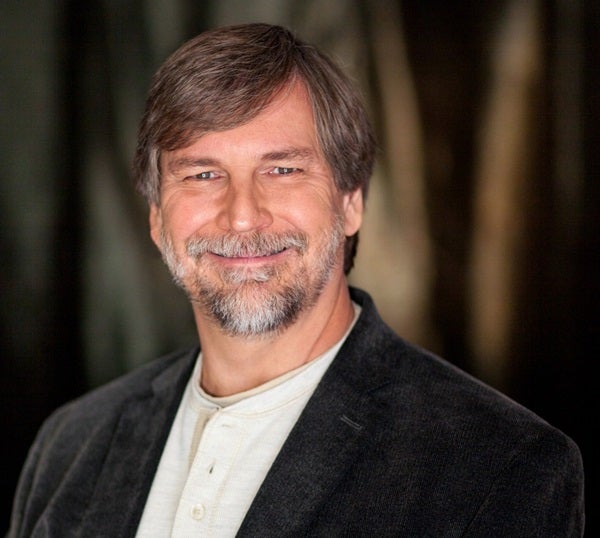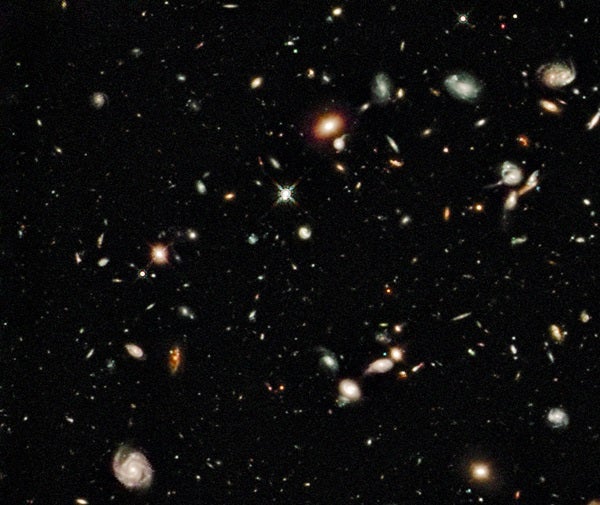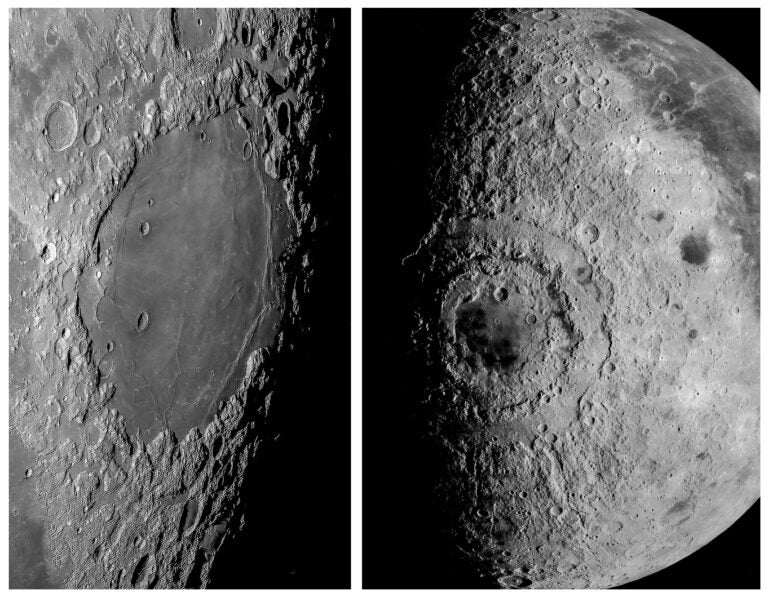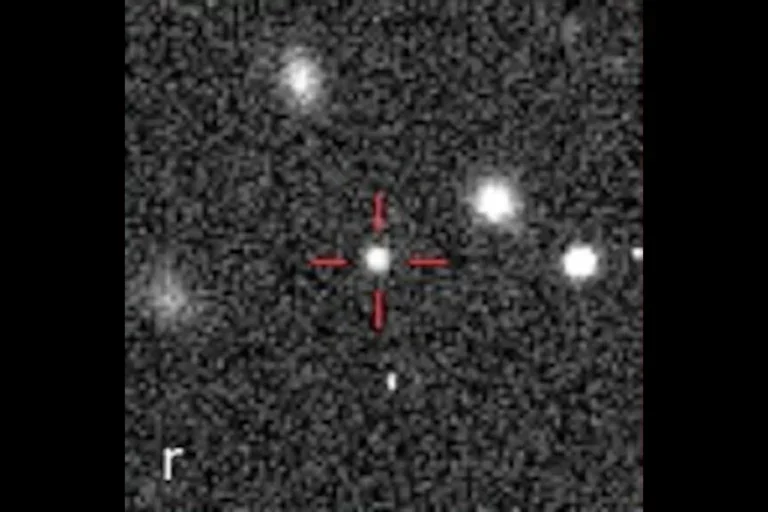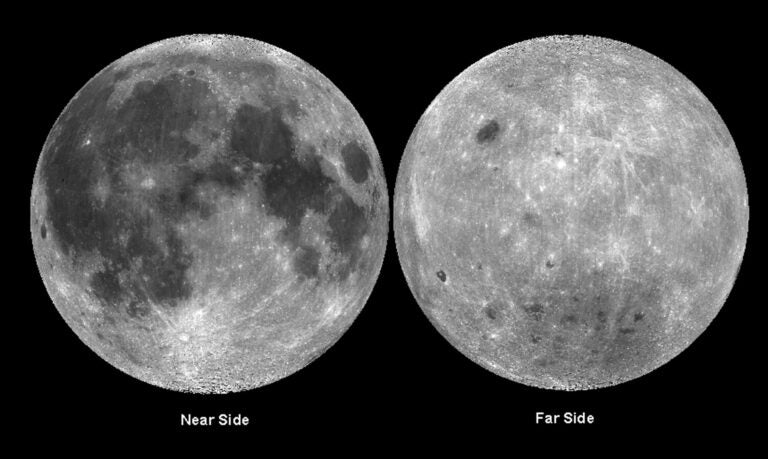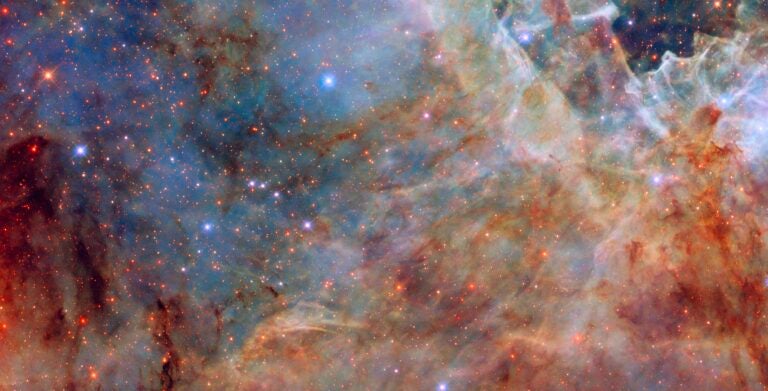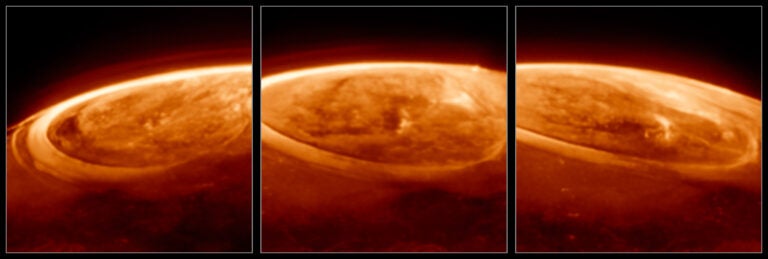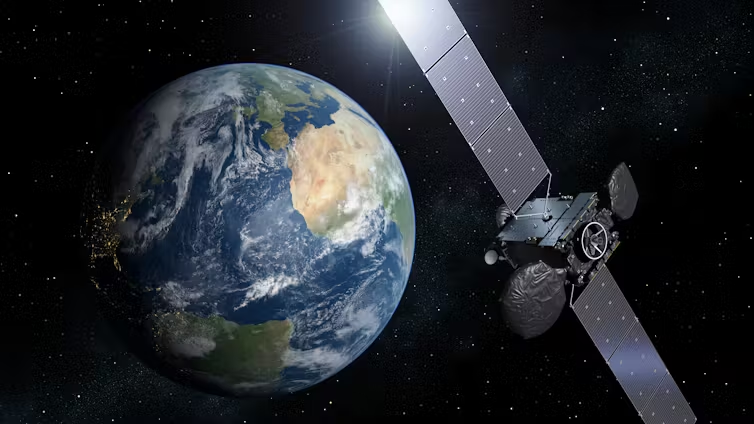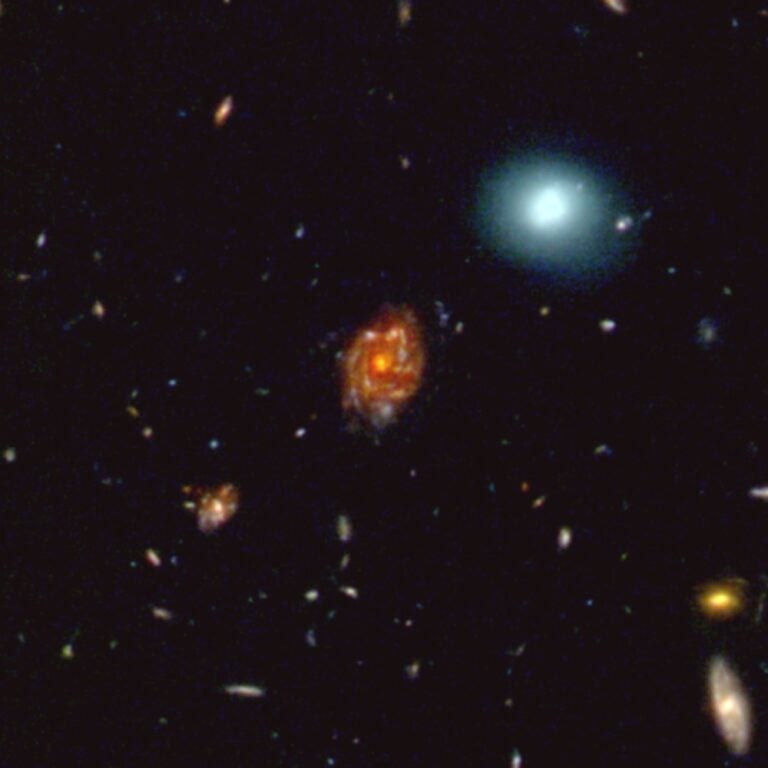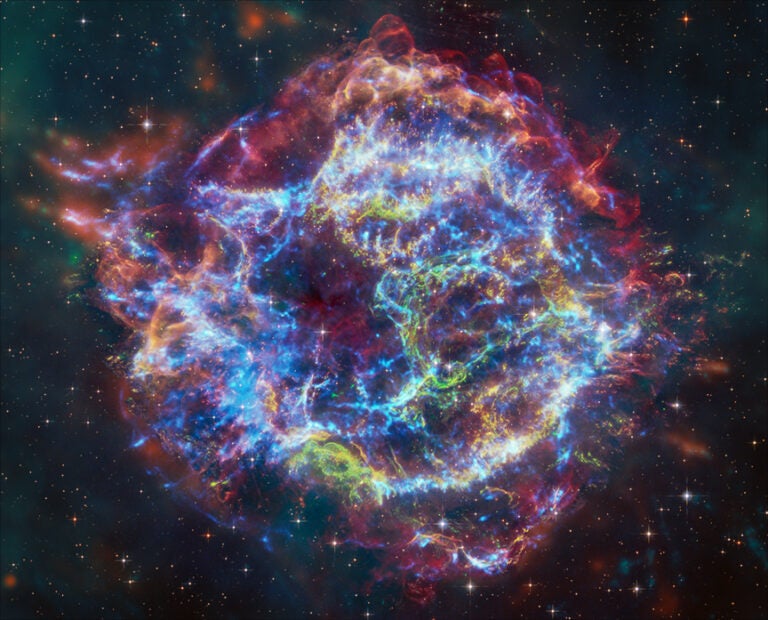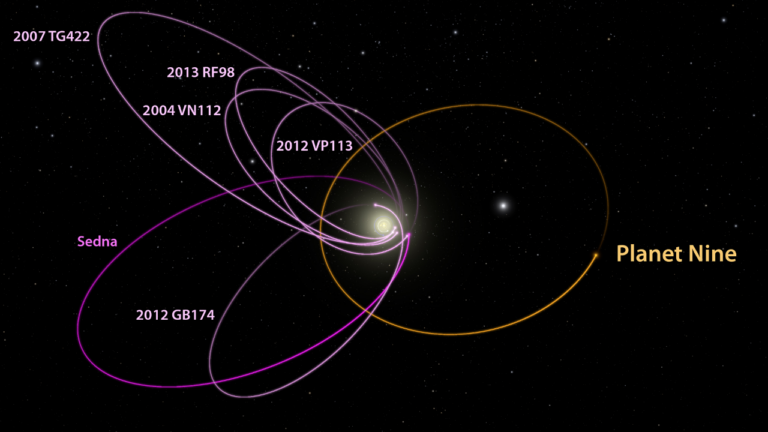What I saw in Horgan’s prose more than anything was a mixture of hubris and failed imagination. The future of science will, without question, be different from its past. But Horgan seems convinced that because he, personally, cannot envision what that future will be, it must be a dead end.
From where I sit, things look different. Last month, I wrote about tiers of scientific thought. From observation, to catalogs and categorization, to predictive description, to explanation and a search for mechanism and physical law, science has come a long way. But while science continues to delve aggressively into the fundamental nature of reality, the last century and a half has also seen something different.
Rather than looking for new physical laws or testing ever more esoteric theoretical predictions of those laws, scientists are increasingly asking a different sort of question: “Once you know the rules and the way pieces move, how does the game unfold?”
For want of something better, I’ll call this kind of science the “science of process.”
I need to be clear that I am not talking about process in the way an engineer does. Engineers begin with a goal, and then design processes to accomplish that end. To an engineer, process is inherently teleological, meaning it embodies the last of Aristotle’s four causes: purpose.
But the science of process has nothing to do with Aristotle’s philosophy. Purpose is superfluous. Instead, the science of process asks what happens when you throw all of our observations, descriptions, and physical laws into a pot and put it on to boil.
Looking forward in time, the science of process asks, “Given the way things work, what will happen next?” Looking back into the past it asks, “Given the way things work, how did we get here?”
Astronomy is hardly alone. Modern geology and planetary science are built on processes such as tectonism, volcanism, impacts, and gradation. Medical research talks less of organs and their function, and more about processes and their interactions. The exploding field of brain science looks at learning, memory, behavior, and even consciousness, not as things or patterns or events, but as processes. And then there is biology. Absent the process of evolution, biology vanishes as a modern science.
The science of process relies on Newton, Einstein, and Bohr, but it takes a very different approach. For one thing, nature doesn’t respect boundaries between academic disciplines, so neither can the science of process. The science of process isn’t looking for that one equation that explains everything. Instead it looks at the emergence of complexity from underlying simplicity, and at the emergence of pattern and order from underlying complexity.
That’s a very different ballgame than measuring this number to test that prediction. Destructive testing of ideas remains paramount. But we have to carefully rethink what kinds of questions can and cannot be answered, and what those answers might look like.
The science of process draws on a host of new experimental, observational, methodological, and theoretical tools. There are technologies like the fMRI, which allows us to watch the brain as it formulates thoughts. Blindingly fast computers allow us to handle huge amounts of data and watch processes play themselves out in virtual universes of ones and zeros. Nonlinear dynamics and the mathematics of complexity weren’t yet part of the curriculum when I got my Ph.D. The term fractal wasn’t even invented until my senior year in high school.
Things get messy when science reinvents itself. It’s the Wild West. Nobody owns a crystal ball. Maybe one of the reasons it is so difficult for a science journalist to recognize and appreciate the change taking place is that the scientists who are remaking their fields don’t really understand the impact yet either.
The science of process is tackling problems that hold the promise of revolutionizing our understanding of the cosmos, of our world, and of ourselves. In retrospect, each new tier of scientific thought has brought with it changes even more profound than the one before. I doubt that this one will disappoint.
Jeff Hester is a keynote speaker, coach, and astrophysicist. Follow his thoughts at jeff-hester.com

